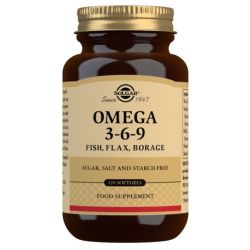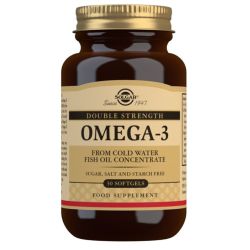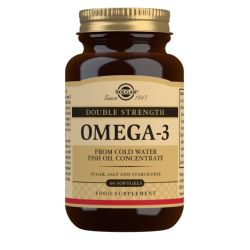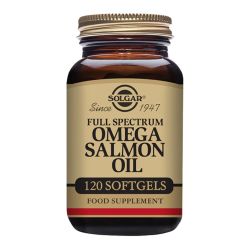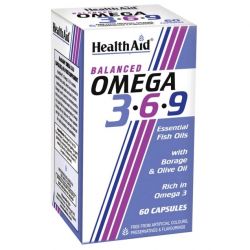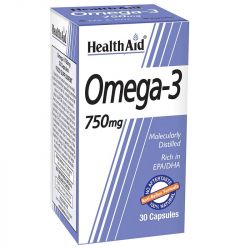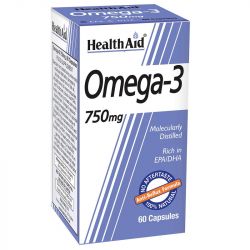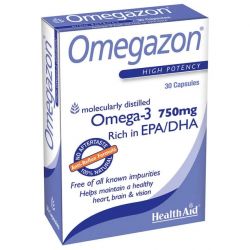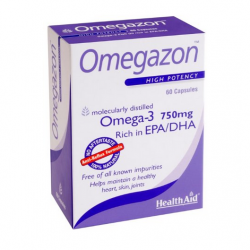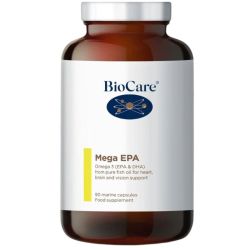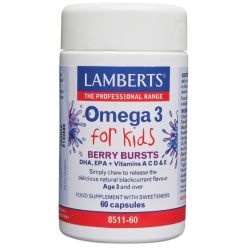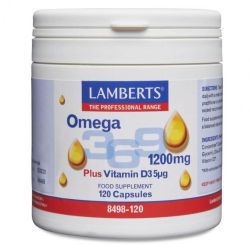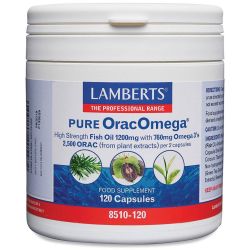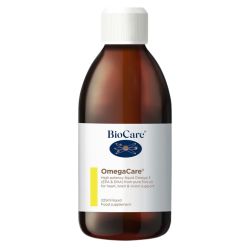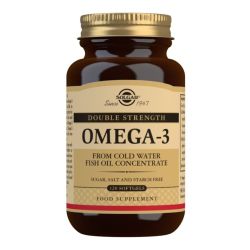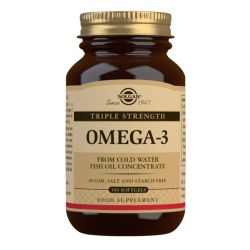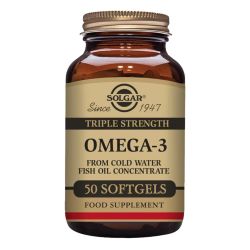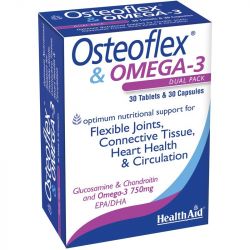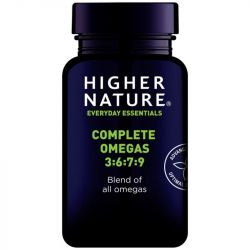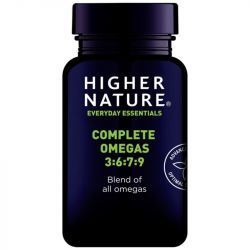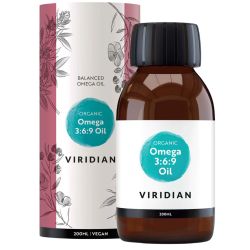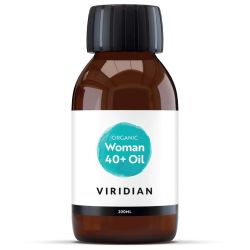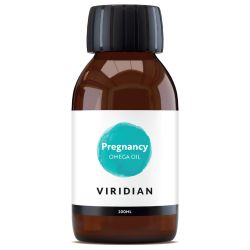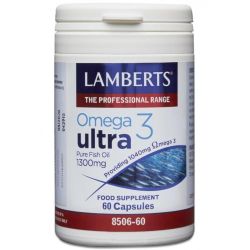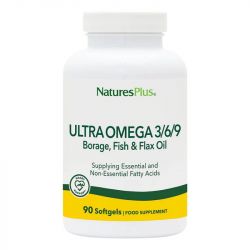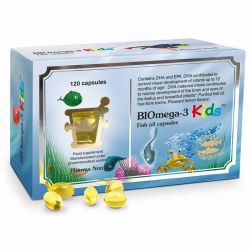Omega Oil
Omega oils are also known as Omega-3 oils, which are oils that are high in essential fatty acids that are very important for brain, heart, eye and skin health.
You can get more omega oils in your diet by eating oily fish such as herring, mackerel, sardines and salmon. For vegetarians, vegans or those who may not get enough oily fish in their diet, omega oil supplements are a good option to ensure a regular dose of omega-3. If you have a history of heart disease or high triglycerides, you may need higher levels of omega oils in your diet to ensure cardiovascular health.
- Viridian Pregnancy Omega Oil (for pregnancy & lactation) 200mlSpecial Price £13.88 Regular Price £17.35
- Viridian Joint Omega Oil (With Spice & Fruit Extracts) 200mlSpecial Price £14.64 Regular Price £18.30
- Nature's Plus Animal Parade Omega 3-6-9 Junior Softgels 90Special Price £17.56 Regular Price £21.95
All you need to know about Omega Oil
Are Omega oils good for you?
Omega oils (omega-3 oils) that are found in fish and other seeds oils have many health benefits for the body, as they contain high levels of docosahexaenoic acid (DHA) and eicosapentaenoic acid (EPA). These are fatty acids that are essential nutrients for preventing diabetes and heart disease. Having a diet that is high in omega oils can also help to reduce blood pressure and reduce clots in the arteries, helping to prevent the chances of a heart attack, cardiac arrest or stroke. These fatty acids can also reduce the chances of developing an abnormal heart rhythm.
What are the side effects of omega oils?
Side effects from omega-3 fish oils are mild, but common complaints include an upset stomach, watery stools, feeling sick, fishy breath and a fishy taste in the mouth. If you take more than 3 grams of fish oil per day, your chances of bleeding may be greater if you are on blood thinning medications. Always consult your doctor before introducing more omega-3 oils to your diet.
What oils are high in omega-3?
There are many oils that contain high levels of omega-3 fatty acids, including flaxseed oil, mustard oil, soybean oil, cod liver oil and walnut oil. The richest types of omega-3 oils are cod liver oil and flaxseed oil, which is made from milled flax seeds.
Can omega-3 oils help brain health?
Yes – it has been suggested that omega-3 fatty acids docosahexaenoic acid (DHA) and eicosapentaenoic acid (EPA) can help with normal brain function and brain development in small children. Those with mild brain disorders or depression are often encouraged to boost levels of omega-3 in their diet, as this can reduce symptoms and improve brain function.


